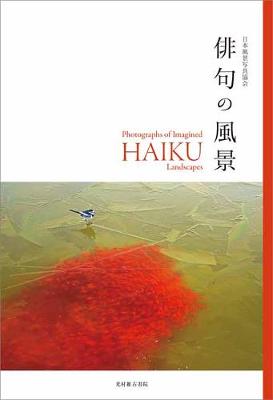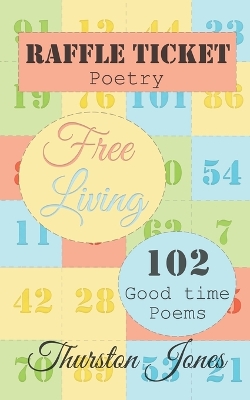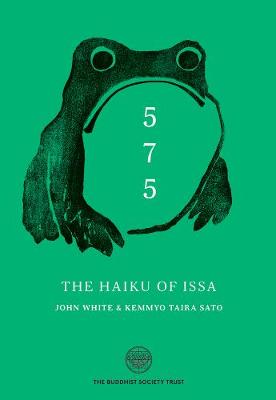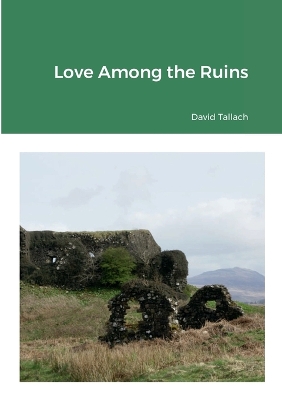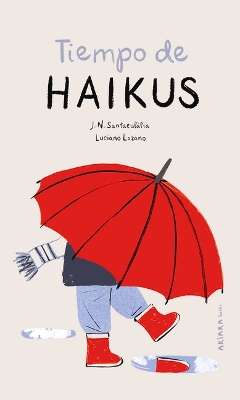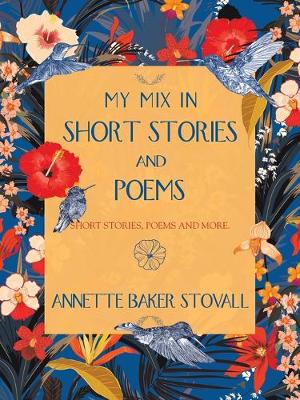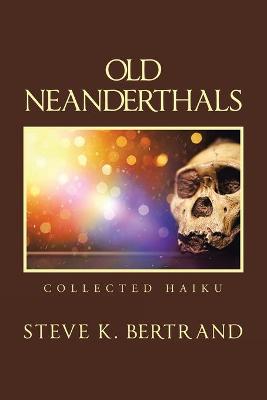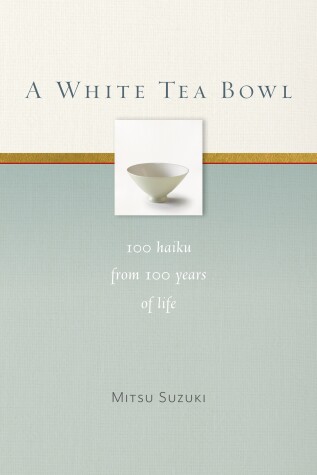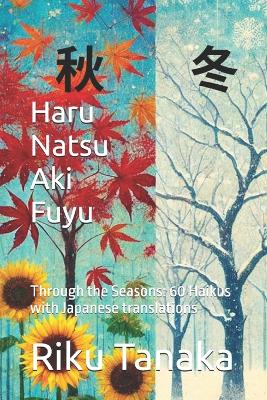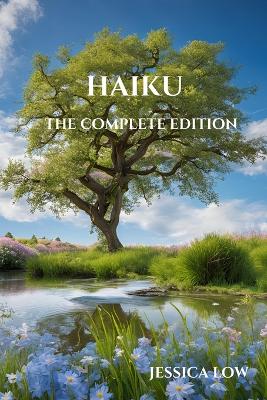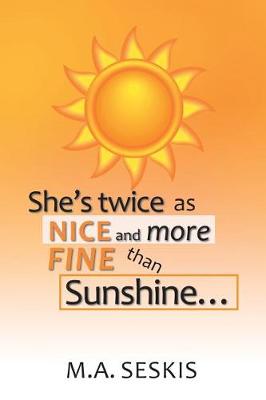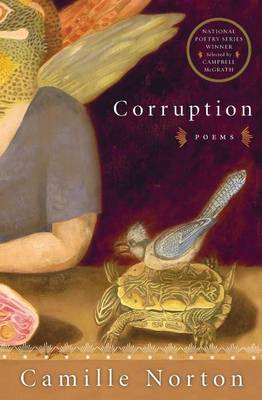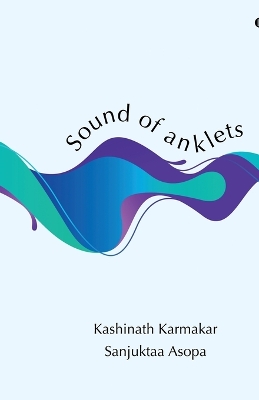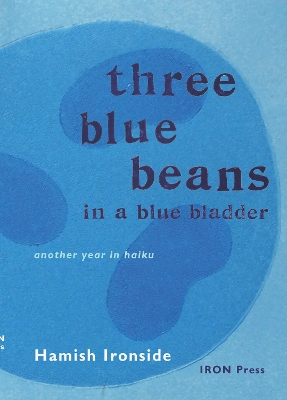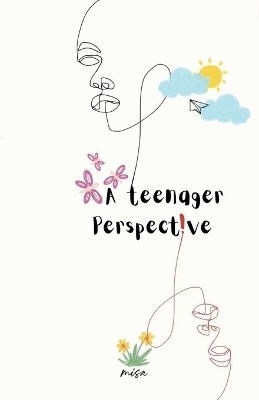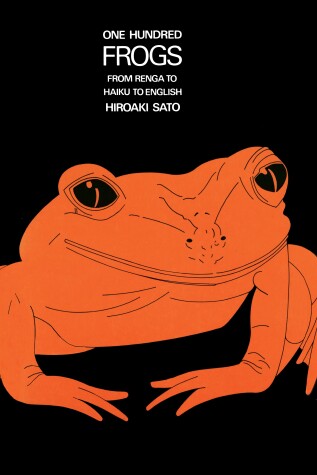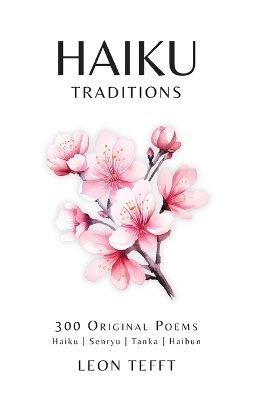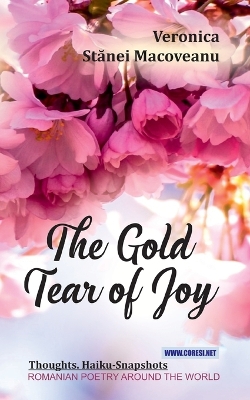Photographs of Imagined Haiku Landscapes
by Members of Japan Nature Scenery Photography Association
Kobayashi ISSA (1763-1828) followed Yosa BUSON, who followed Matsuo BASHO: the three greatest Japanese haiku poets. This book is the third in the series of 3 handsome presentation hardcovers from the Buddhist Society, which share a key common feature: all the English translations are rendered in the same metric rhythm of 5 then 7 then 5 syllables. The poems are printed on fine paper in Japanese orthography, also romanised with an English translation. Original drawings and calligraphy by Issa com...
Mitsu Suzuki is the widow of Shunryu Suzuki Roshi, the Zen monk who founded the San Francisco Zen Center and helped popularize Zen Buddhism in the United States. A White Tea Bowl is a selection of her poems, written after her return to Japan in 1993. These 100 haiku were chosen by editor Kazuaki Tanahashi and translated by Zen teacher Kate McCandless to celebrate Mitsu's 100th birthday on April 27, 2014. The introduction by Zen poet and priest Norman Fischer describes with loving detail a meetin...
If I were a country and you my journalistI would have shot you down a street and left you to bleed.Fierce and unflinching, Rochelle Potkar's poetry springs from the deeply personal and ripples out to the world, capturing lovers' whispers and reverberations of explosions with equal ease. Vividly depicting love, grief, anger, and defiance, these poems glimmer like coins beneath the water surface, tethered with the weight of wishes clinging to them. As sensuous as it is articulate, Coins in Rivers...
No other Asian poetic form has so intrigued and beguiled the English-speaking world as the Japanese haiku. Even before World War I such imagist poets as Ezra Pound, Amy Lowell, and John Gould Fletcher were experimenting with the form. At that time, Pound well described the haiku as "an intellectual and emotional complex in an instant of time." Indeed, it is the haiku's sense of immediacy and its precision that continue to appeal to poets and poetry lovers today. In recent decades there has b...
The Gold Tear of Joy (Romanian Poetry Around the World)
by Veronica Stanei Macoveanu
This slim volume of haikus written by Anna Ferrante Arrigoni and inspired by photographs by Sasa Gyoker aims to fuse word and image in a balance predicated on simplicity. Haikus - poetic compositions in three lines and seventeen morae (not syllables) following a 5-7-5 scheme - are defined by Roland Barthes as a "poetry of silences". Here, the graphic beauty of a Canadian winter becomes a source of unending inspiration not only for photographer and writer, but for readers as well. Winter,...
